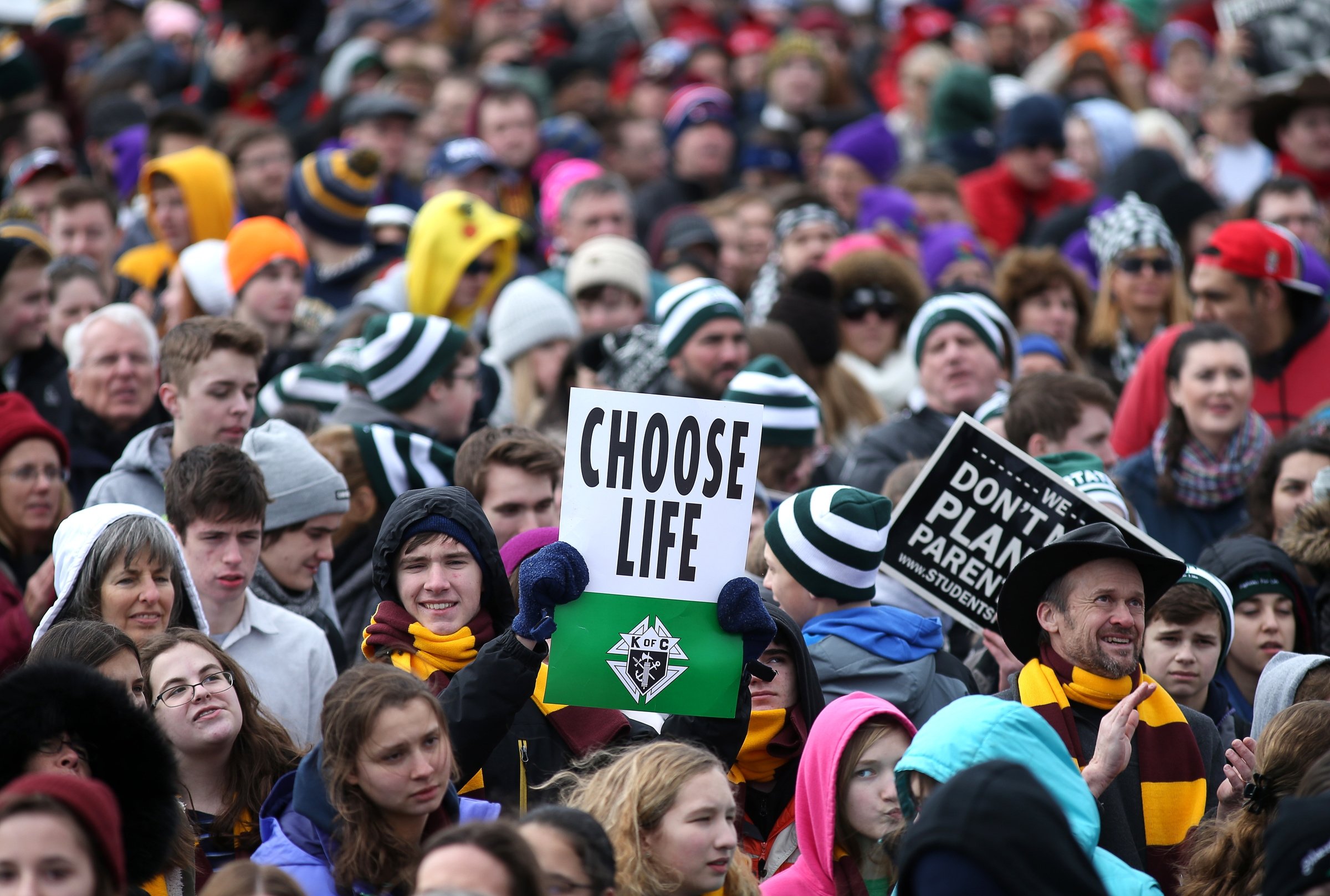ARLINGTON, Va. (CNS) — The Virginia House of Delegates and Senate have passed a bill allowing tax-funded abortion for any reason in Virginia’s health exchange.
“Today, the House of Delegates made the tragic decision to expand drastically abortion coverage in Virginia’s health benefits exchange,” said Bishops Michael F. Burbidge of Arlington and Barry C. Knestout of Richmond in a joint statement Jan. 26.
The exchange is a virtual health insurance marketplace where Virginians can shop and enroll in health care plans. Taxes pay for managing it and subsidizing health care plans of tens of thousands of low- and middle-income Virginians.
“This legislation is identical to the bill the Senate passed that permits plans participating in the exchange to cover abortion for any reason, funded in significant part with Virginians’ tax dollars,” the bishops said.
“Replacing the current life-saving restrictions on abortion with a policy of abortion coverage without limits in our state exchange is drastic, dangerous and will result in the tragic end to more unborn lives,” they said.
The Virginia bishops also released a joint decision when the Senate passed the bill Jan. 22, the anniversary of Roe v. Wade.
“We express our deep disappointment with this vote on a very solemn day in U.S. history … when we reflect in particular on the more than 60 million unborn lives lost,” the statement said. “Abortion is not health care; it ends lives instead of healing them.”
During a livestreamed Mass for Respect Life Jan. 28 in the Cathedral of the Sacred Heart in Richmond, Bishop Knestout called the legislature’s actions “extremely upsetting to all of us who have been working and praying to extend protections to human life in our commonwealth and in our nation.”
He noted that in speaking out against the legislation, his and Bishop Burbidge’s voices “are important but limited in effect without the added influence of constituents, each one of you, making your voices heard among our legislators.”
Bishop Knestout said that over the past several days, he had heard from parishioners who were “angry and frustrated” because of the legislative threats to human life.
“Some think that ever more severe language or action against those who support abortion is the solution to this frustration,” he said. “Others are tempted to give up on any possibility of swaying our opponents through loving, patient admonition or persistent political action.”
Despite their frustration, Bishop Knestout encouraged the faithful to persevere, but to do so “in charity with patience.”
“No matter what actions we take, they always need to be fruit born of the Spirit,” he said. “Increasingly harsh words or more severe reactions would not serve us well in the cause for human life or bring about the change we seek — in the convictions of others or the laws that govern our nation.”
Much has happened in the General Assembly since the session began Jan. 13.
With bipartisan support, the legislative body is considering abolishing the death penalty. The Virginia Catholic Conference, the public policy agency representing Virginia’s Catholic bishops, supports the move.
The conference’s website states, “As Pope Francis, his predecessors and the U.S. Catholic bishops have consistently noted, we have other ways to provide punishment and protect society, without resorting to executions. As the catechism states, ‘There is an increasing awareness that the dignity of the person is not lost even after the commission of very serious crimes.'”
The Senate is considering legalizing the commercial sale of marijuana, which the Virginia Catholic Conference opposes, citing concerns about increased traffic deaths, more addiction and higher rates of suicide. The House is considering a bill that would reverse current religious freedom protections for adoption and foster care agencies.
The Catholic conference opposes the repeal of the law, which it helped create in 2012.
According to the conference’s website, “current law simply ensures that no agencies — including faith-based agencies that follow the teaching that marriage is between a man and a woman — are forced to participate in placements that violate their beliefs and moral convictions.”
“To restrict faith-based organizations’ work by infringing on religious freedom is unfair and serves no one, especially children in need of services,” the website said. “We need to increase — not decrease — their opportunities to be placed with safe and loving families.”






